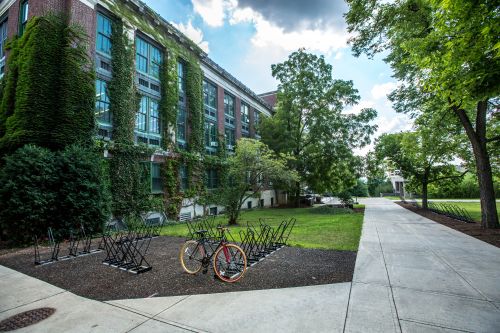
Duke University in Durham, North Carolina, is a private university. It is known for academic excellence and has a competitive reputation. This reputation may pressure students into making bad decisions to keep their GPA high. Incidences cheating, plagiarism, and lying are taken seriously. What should a Duke student do if they are accused of academic dishonesty? Read on for the answer from a defense lawyer for university students.
What are considered acts of academic dishonesty at Duke?
- Plagiarism
- Falsifying research data and/or results
- Altering exams or assignments for a regrade
- Cheating
- Turning in the same paper to two classes
- Helping another student cheat or plagiarize
- Stealing
How will a student at Duke know they violated the academic integrity code?
Duke has separate policies for undergraduate and graduate students. I will refer to the undergraduate students in this blog post.A student who is accused of a violation of the honor code will receive in writing the allegations. After receiving written notice, the student will meet with a hearing officer to explain the allegations and will want the students side of the story. Therefore, you must be prepared before meeting with the hearing officer to dispute the allegations.
What is a Duke hearing officers responsibility?
Duke states that many of the honor code violation incidences are handled administratively. This means that the hearing officer will determine if a student violated the academic code and what sanctions the student should face.If a student has had prior honor code violations or the accusation is considered serious, then the student will go before the conduct board for a hearing.
What happens at a Duke conduct board hearing?
The conduct board will have a mixture of people including fellow students and university staff. The board hear you statement of events, listen as you ask and answer questions of witnesses, and decide based on the presented evidence if you are responsible for misconduct. If they find you are responsible, the board will also decide your punishment or sanction.
Can you help me prepare for my conduct board hearing?
Yes. The policy specifically states that students should seek help from all possible resources. My nearly two decades of legal experience combined with unique knowledge of the student disciplinary process gives students an advantage. Through preparation of statements, questioning, evidence presentation and more, I give students the best chance at a successful outcome.
What types of punishment can a Duke student get if they are found responsible for an honor code violation?
Students can face a range of sanctions from probation, suspension or even expulsion.
Can I appeal decision by the conduct board?
Yes. After a student receives a decision from the conduct board they can file an appeal. Like many other universities, Duke limits appeals to just two issue categories:
- New information
- Procedural violations
These narrow categories make student appeal writing difficult. I write student sanction appeals using my skills as an appellate attorney. I have a keen eye for spotting issues and crafting persuasive arguments that fit these two categories.
Can you help me fight my honor code violation?
Yes. I assist students throughout the United States to defend against accusations of misconduct. Using my nearly two decades of legal experience combined with a specialized knowledge of the student disciplinary process, I give students the best chance at a positive outcome.
Call now for a free consultation. 855-338-5299
Richard Asselta is an award-winning attorney who assists students facing accusations of academic dishonesty. Call today to avoid suspension or expulsion from Duke University.Click here to read what clients are saying about Richard on AVVO, an attorney review website. https://studentaffairs.duke.edu/conduct/z-policies/academic-dishonesty https://studentaffairs.duke.edu/conduct/undergraduate-disciplinary-system/disciplinary-process http://integrity.duke.edu/faculty/guide.html https://studentaffairs.duke.edu/conduct/undergraduate-disciplinary-system/appeals
